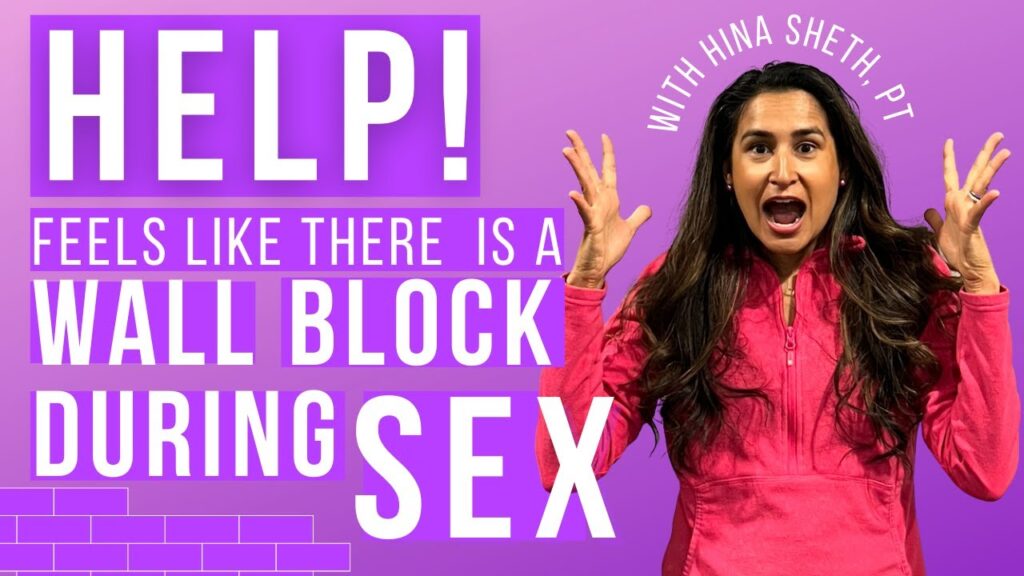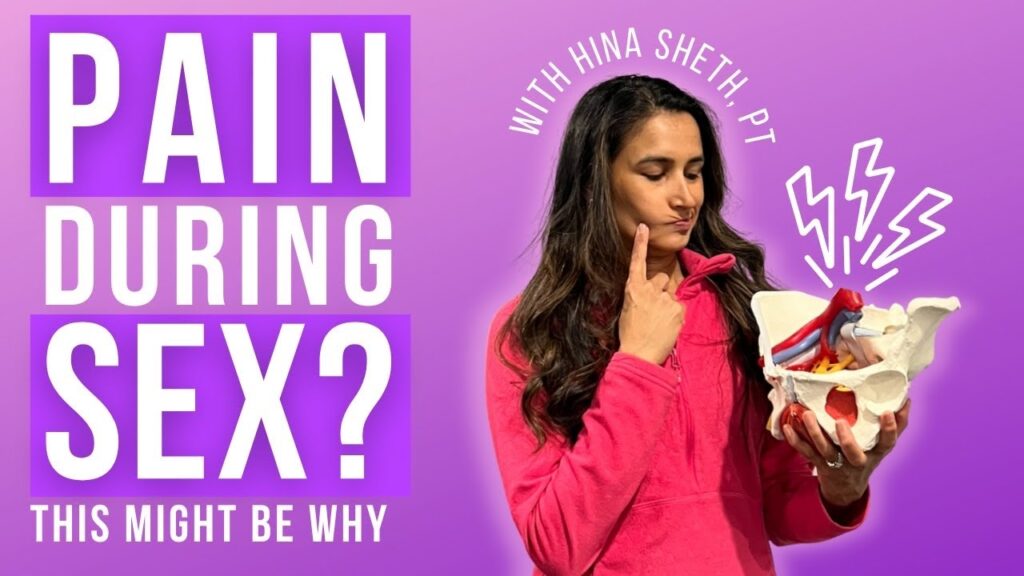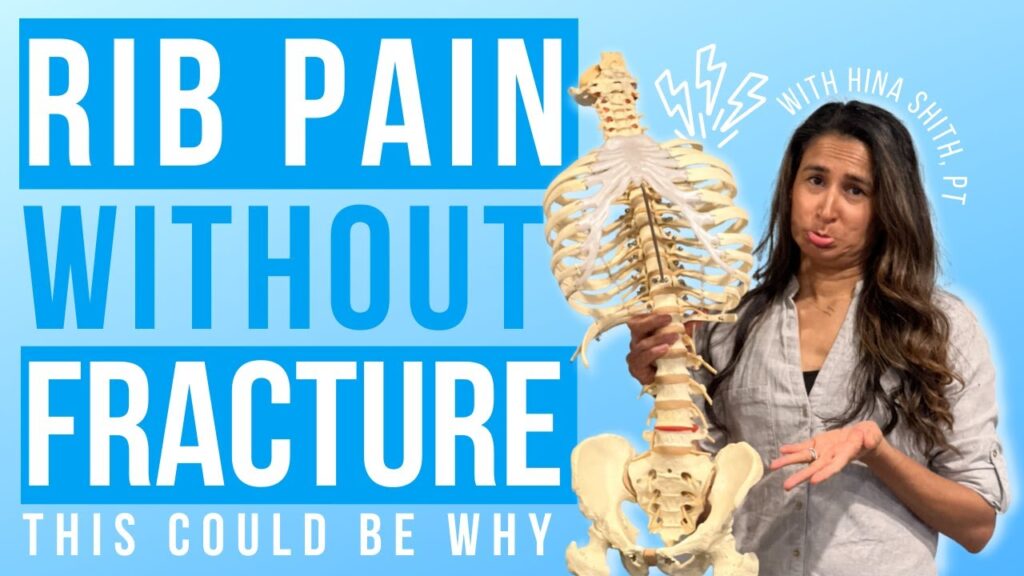hey guys it’s Hina Sheth here at rebalance physical therapy in Philadelphia Pennsylvania and here on the main lines in Narberth Pennsylvania and I want to talk to many of you today who might be suffering from headaches or migraines that could be coming from something called occipital neuralgia now what is occipital neuralgia and you know what I guess why does it come and what treatments can be done about it so occipital neuralgia is basically inflammation of the nerves that give you sensation in the back of the head so if
we take a look at this photo right over here here’s this go we’re looking behind the head here so here is this goal or otherwise known as the cranium these are the ears and then this is the back of the neck and your vertebra goes straight down through here and if you look at these yellow branches out there here those are what are known as the occipital nerves and they basically give you sensation into the head and these nerves can be can get irritated usually because of some imbalance or changes around the head neck and yes even into
the upper back the shoulder and the shoulder blade and once you get this tensioning that happens in through these muscles they can basically squeeze on these nerves and give you everything you know some of the symptoms that I talked about burning irritation Shoup sharding paint shoot sharp shooting pain in the back of the head and then can trigger off headaches and vision changes and all those types of things now when they there is tension that’s happening in this musculature it can set those symptoms off but you also may notice
that you’re having maybe some of these types of patterns of pain and you know you can have pain that kind of goes around the ear you can get pain that goes into the front of the eye socket maybe behind the eye socket maybe into kind of the temporal region of your head and neck and even in the front of your forehead and I’ll explain to you a little bit later why you might be getting these types of symptoms but basically either of those you know squeezing of the nerves the head or tensioning in some of those
muscles can kind of set off all of these types of headache and migraine II type symptoms that you might be kind of dealing with now why so one of the questions is is why does that happen well it can happen from a host of different reasons but two of the big culprits are any type of trauma so imagine any type of fall motor vehicle accident maybe a sports trauma concussion things like that that give you a jar or whiplash of the head and that can trigger off a lot of tensioning and compression around these nerves and
around the musculature that thing squeezes on those nerves and gives you pain but the other thing is they could just be postural adaptation changes so what does that mean well all all of us you know kind of move our bodies in different ways to get through the day and say if you’ve had let’s start with something simple like a shoulder a shoulder injury right and you start developing kind of had a neck tension because you’re compensating now because your shoulder doesn’t move well well that overtime can develop in tensioning
maybe of the musculature even further up where those occipital nerves are and that can then trigger off occipital neuralgia or these headache type changes and postural changes can be anything I just gave you an example of the shoulder but literally I’ve treated people where I’ve been treating all the way down into their pelvis and that creates improvement into their headaches and I know it seems really off like wow how can I change down into the pelvis or the hip actually change symptoms of a headache
well everything is interconnected within the body and if you have changes down there then you may compensate up into the head and neck so those are just a few examples but just imagine postural changes from maybe even when you were younger playing sports or maybe you had a fall or something that jar the head and then you never maybe maybe you felt fine but maybe over time you started feeling different and then all of a sudden these headaches started gradually progressing and becoming worse so this is kind of what can happen in terms of
postural changes so now also the other third and as it could be stress stress can also get a lot of the musculature around the head and neck and trigger off headaches so those are kind of like the three kind of the three main reasons and I’m sure there’s many others that can create changes in the musculature around the head in the neck now what can be done about it there’s a lot of little self-help tips and I’m sure at some point in time I will be making videos on how you might be able to kind of start
helping yourself but the main thing is you really do want to have this treated by somebody that understands how all of this is integrated together and what I mean by this is you have to not only treat all the musculature and something called the fascia which is all the soft tissue the squishy stuff that is around the joints okay so right over here if we take a look at this photo okay this is some of the deep musculature but there’s lots of different layers of musculature through here that go all the way down into the
upper back as well as the shoulder and the shoulder blade someone who understands how to treat all of this as well as from the front you have a lot of neck musculature in the front of the shoulder and again into the neck someone that knows how to balance this out release a lot of the tensioning that’s happening in three year but also knows how to treat all of these joints around the head the neck the shoulder and the shoulder blade because if you’ve had tensioning that’s been happening for a long period of time and again for some
people I’ve treated some of this stuff has started occurring earlier in childhood or in their teenage years and now they’re starting to suffer from this imagine all that tensioning is going to change the way that the joints underneath move and if those joints are not moving well then that will create a continuous irritation either on those nerves or on the musculature because the joints aren’t moving right and then on top of this once you treat the soft tissue you treat the joint you also have to you know coordinate all that
musculature because if you’ve had dysfunction over time then those muscles aren’t basically going to be handicapped they’re not going to automatically know what to do even if you’ve taken the tension out and you’ve improved the joint so you then have to re-educate and teach these muscles what to do either through certain stretching techniques first and then incorporate strengthening or vice versa you know it all depends cuz everyone’s very individual what’s gonna work with them first so I hope that starts to explain a
little bit what might be going on and what can help so if you do have any of these symptoms obviously you know you want to get this treated sooner versus later because you don’t want this to continue to go on and become chronic in nature but for many of you this maybe has already become chronic so if you guys are still having irritation and obviously if you are in the Philadelphia or on the main lines of Philadelphia then come see us this is this is basically one of the bigger things that we treat is a lot of this soft tissue
head and neck and spine and you know we can certainly help you with these symptoms that you’re having if you don’t live in this area then you really do want to find a physical therapist that really understands how to work on a head and neck and on the sub cranium that’s a big part of it the sub cranium and and make sure you pick someone that knows how to integrate this into you know the other parts of the body and so you know we have lots of other helpful videos and information on our website so that can
be helpful to you too so go to WWE balance PT comm that’s our EB al a and C e PT comm lots of additional helpful information and you and if you live in this area and you’re thinking about coming in for an evaluation or treatment with us then you know you might even qualify for a free phone or in person consultation where we can talk a little bit about what’s going on with you could this be coming from that area and how we might be able to help you a little bit more individually so I hope that was
helpful to some of you and hopefully that answers some of your questions so I hope you have a wonderful day and I hope to see you soon Thanks




